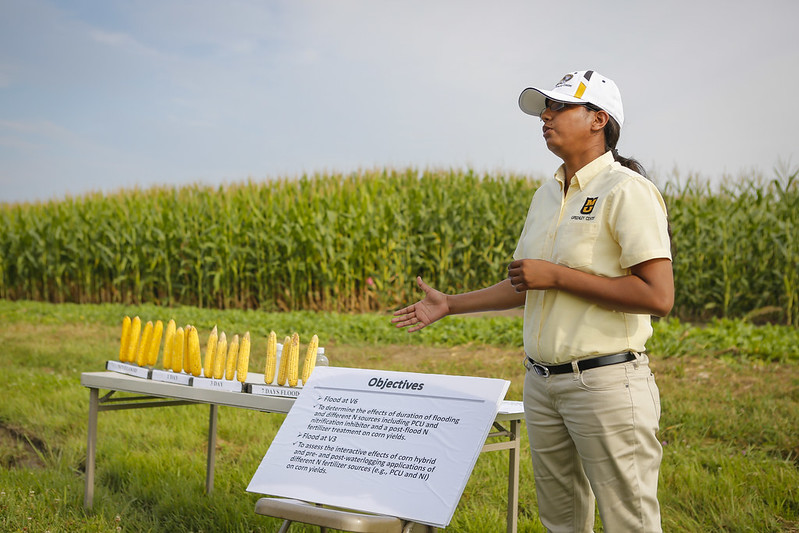In the early 20th century, Missouri was a leader in hemp production, ranking second in the nation. Still, after more than a century of the crop being categorized as a controlled substance, the rich knowledge Missouri farmers had of the crop was lost. Researchers at the University of Missouri are now working to learn how to recapture the value that growing industrial hemp could provide for the state’s farmers.
“We are looking at this like a new crop, and, like any new crop, there are ups and downs,” said Gurpreet Kaur, assistant research professor at MU’s School of Natural Resources. “I think, at this point, even if someone tried, they don’t know how to do it. They don’t know how to grow it. There is limited agronomic and soil management information available for Industrial Hemp.”
Kaur is leading a research team backed by a $649,006 grant from the USDA National Institute of Food and Agriculture (NIFA) as part of the agency’s $12 million effort to invest in small and medium-sized farms.

Kaur’s goal is to develop guides for farmers interested in growing industrial hemp, which is grown for its fiber, grain or both for applications like textiles, human and animal food sources and cosmetics. She explained that current guides are not based on research done in Missouri, and factors like the state’s climate, soil and topography can all make a difference in whether those guides will be successful. In fact, these factors can vary even within Missouri, so Kaur and her research team are testing different varieties in different Research, Extension and Education Centers (REECs) throughout the state. Specifically, they are looking to see what varieties thrive in what parts of the state.
Kaur is located at the Northern Missouri REEC at the Lee Greenley Jr. Memorial Research Farm near Novelty, Mo., but other trials in her study are taking place at Thompson Research Farm near Spickard, Mo.; Hundley-Whaley Extension and Education Center near Albany, Mo.; Bradford Research Farm in Columbia, Mo. and Fisher Delta REEC near Portageville, Mo.
While the NIFA funding is helping to push this project forward, Kaur explained that the research began in 2023, and some preliminary findings are available through MU Extension. Extension will be a vital resource in helping to disseminate Kaur’s findings to Missouri’s producers who want to incorporate industrial hemp with their rotations of corn and soybeans.
She noted that her research on growing hemp is just one piece of a larger picture where many sectors are coming together to help create value for Missouri’s farmers.
“It’s exciting to work on different crops and learn more about them,” Kaur said. “With hemp, you have agronomists and soil scientists looking at growing conditions, but you also have other people looking at the end product side — looking at what you can make for consumers — and economists are looking at how to make it profitable. Many things at work here make it exciting to be a part of as many disciplines come together to make it a successful commodity.”
Kaur’s research will take place in stages, with recommendations released along the way. She is currently working on industrial hemp variety trials and plans to begin nitrogen testing for fertilizer recommendations by 2025. Once those are complete, Kaur and her team will begin testing harvest aids and methods for industrial hemp.